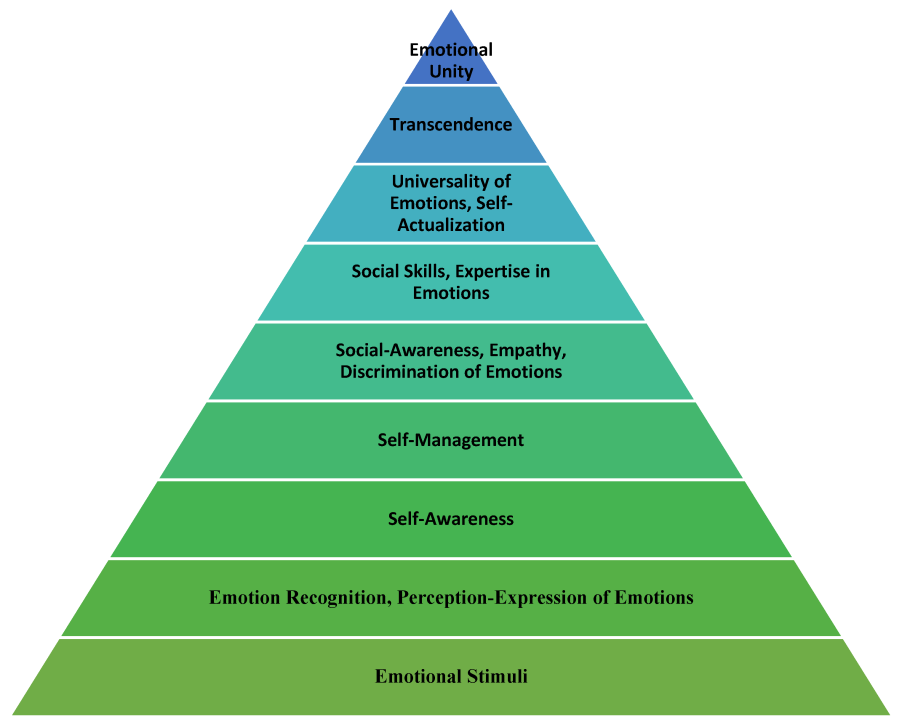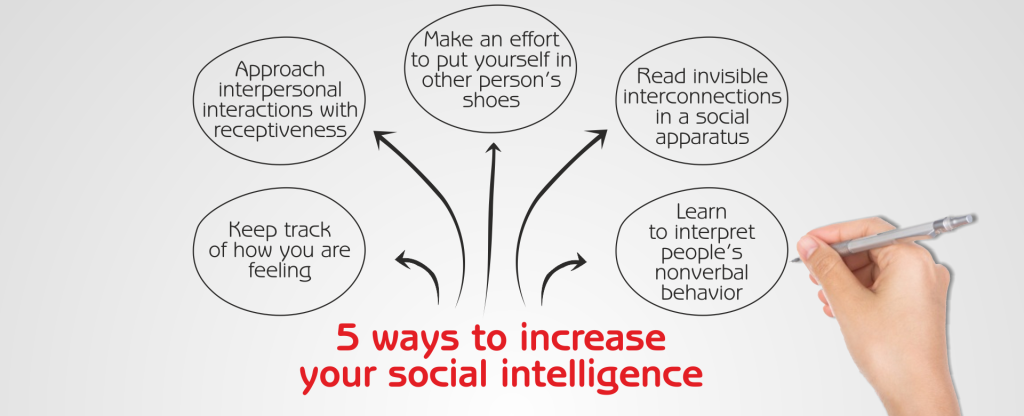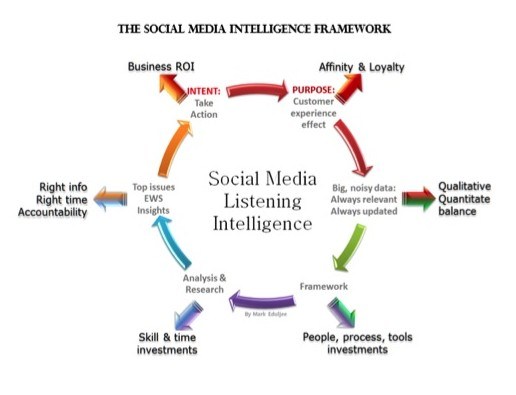
Defining Intelligence
Intelligence encompasses the capacity to acquire and utilize knowledge effectively. It’s characterized as a cognitive aptitude that encompasses the skill to deduce, strategize, resolve challenges, engage in abstract thinking, grasp intricate concepts, rapidly absorb new information, and derive insights from experience. Intelligence extends beyond rote learning, a limited academic proficiency, or adeptness in examination techniques.
Exploring Social Intelligence Definitions
- Ross Honeywill describes social intelligence as a comprehensive assessment that combines self-awareness, social awareness, developed social beliefs and attitudes, along with the ability and eagerness to navigate intricate social transformations.
- Edward Thorndike defines social intelligence as the proficiency to comprehend and handle interactions with individuals of all genders and ages, while exhibiting prudence in human relationships.
Table of Contents
- Unveiling Social Intelligence
- Defining Social Intelligence
- Distinguishing Cognitive Intelligence from Social Intelligence
- Components of Social Intelligence
- Emotional Awareness and Empathy
- Social Perception and Insight
- Adaptive Interpersonal Skills
- The Importance of Social Intelligence
- Impact on Personal Relationships
- Role in Professional Success
- Connection to Emotional Well-being
- Nurturing Social Intelligence
- Cultivating Self-awareness
- Mastering Active Listening and Effective Communication
- Embracing Cultural Sensitivity
- Applications of Social Intelligence
- Influence on Leadership and Team Dynamics
- Facilitating Conflict Resolution
- Enhancing Customer Relations
- Ethical Dimensions of Social Intelligence
- Genuine Empathy vs. Manipulation
- Balancing Personal and Social Considerations
- Nature of Social Intelligence
Step-by-Step Guide
1. Unveiling Social Intelligence

Begin by elucidating the concept of social intelligence. Define it as the ability to understand emotions, interpret social nuances, and engage empathetically. Differentiate social intelligence from cognitive intelligence to highlight its unique focus on emotional and social aspects.
2. Components of Social Intelligence
Break down the key constituents of social intelligence. Explain the importance of emotional awareness and empathy in recognizing and comprehending emotions in oneself and others. Explore the notion of social perception, highlighting its role in deciphering non-verbal cues and unspoken messages. Dive into adaptive interpersonal skills, underscoring their significance in effective communication and relationship-building.
3. The Importance of Social Intelligence
Delve into the implications of social intelligence in various spheres. Discuss its impact on personal relationships, emphasizing its role in fostering empathy and open communication. Transition to its relevance in professional success by facilitating leadership, teamwork, and conflict resolution. Touch upon its connection to emotional well-being through stress management and harmonious interactions.
4. Nurturing Social Intelligence

Provide practical strategies for enhancing social intelligence. Explore the value of self-awareness and introspection in understanding emotional responses. Outline the significance of active listening and effective communication in establishing meaningful connections. Emphasize the need for cultural sensitivity in a diverse world, promoting respect for different perspectives.
5. Applications of Social Intelligence
Illustrate the real-world applications of social intelligence. Discuss its influence on leadership styles, demonstrating how it shapes team dynamics and productivity. Explore its pivotal role in conflict resolution by fostering understanding and collaboration. Unveil its impact on customer relations, highlighting its ability to cater to diverse customer needs.
6. Ethical Dimensions of Social Intelligence
Navigate the ethical considerations tied to social intelligence. Address the distinction between genuine empathy and manipulation, stressing the importance of authenticity in interactions. Explore the balance between personal interests and societal responsibilities, underscoring potential challenges and ethical dilemmas.
7. Nature of Social Intelligence

Understanding Social Intelligence: Historical Evolution and Practical Implications
Through an examination of its historical evolution and contemporary practical implications, we can define social intelligence as the intellectual prowess indispensable for an individual’s triumph in navigating social existence and cultivating interpersonal connections. Key attributes characterizing social intelligence include:
- Harmonious Interpersonal Relations: Social intelligence entails the aptitude to establish rapport and collaborate effectively with others. This encompasses seeking cooperation and fostering positive interactions.
- Situational Awareness: It involves a keen perception of various scenarios and the intricate social dynamics that govern them. This understanding allows individuals to navigate diverse situations with finesse.
- Interaction Expertise: Social intelligence equips individuals with knowledge about different interaction styles and strategies. This knowledge assists in accomplishing personal goals within social interactions.
- Problem-Solving in Social Contexts: Particularly valuable in addressing challenges within social life, social intelligence contributes significantly to managing life’s tasks. Its status as a vital life skill is well-founded.
- Navigating Complex Relationships: Social intelligence empowers individuals to adeptly navigate intricate social relationships and environments. It is an essential tool for effective social negotiation.
- Distinct Framework: While interrelated with cognition and emotional intelligence, social intelligence operates on a distinct framework, setting it apart from general cognitive intelligence and emotional intelligence concepts.
Conclusion
Social intelligence is a fundamental skill that empowers individuals to navigate the intricate web of human interactions with empathy, adaptability, and ethical sensitivity. By grasping its components, significance, and practical applications, individuals can cultivate this skill to forge meaningful connections and contribute positively to personal and professional realms. This tutorial provides a comprehensive foundation for understanding and embracing the multifaceted nature of social intelligence.
Thanks,






Leave a Reply
You must be logged in to post a comment.